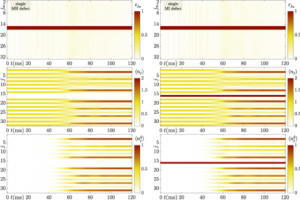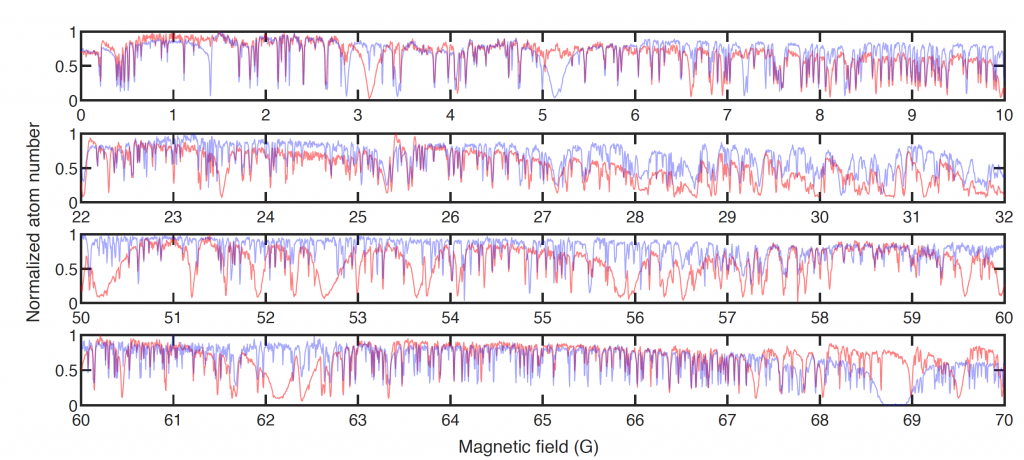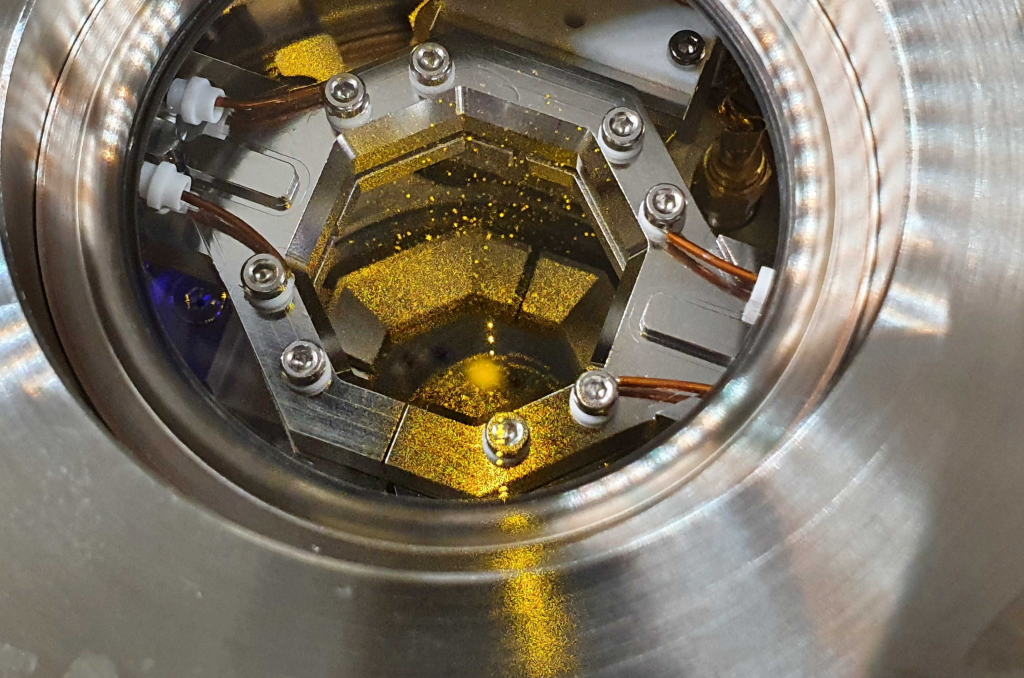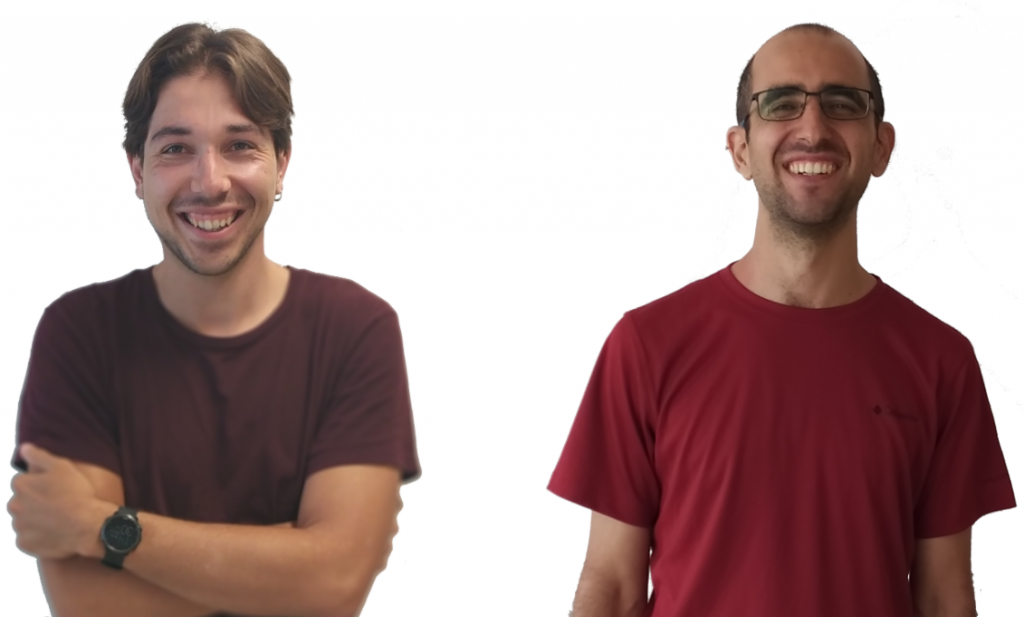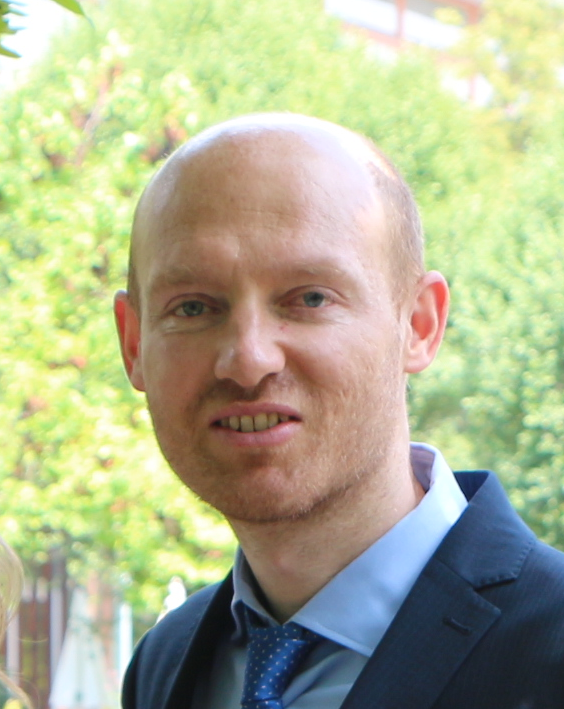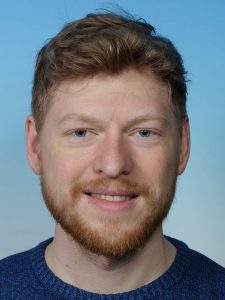
2024 PhD Openings!
We are happy to announce that our dipolar quantum gas group has two PhD positions open for 2024/2025!

Murder Mystery Dinner
Our 2024 group dinner took place on the 18th of January at CasoinN da Giorgio restaurant, with a 1920’s Murder Mystery theme!

Christmas celebration
Our team participated at the christmas celebration of the Institute, this time at a hut above Innsbruck!

Glitches in supersolids: links between neutron stars and quantum matter
By emulating the connection between a rotating supersolid phase and an external solid phase, we were able to replicate “glitches” – sudden jumps in the solid angular momentum driven by quantum vortices leaving the supersolid.

Cluster of Excellence Quantum Science Austria granted
Three Clusters of Excellence in Innsbruck have been funded! With highly endowed clusters of excellence, the Austrian Science Fund FWF creates Austrian flagships of basic research. The University of Innsbruck will coordinate the Cluster of Excellence for Quantum Sciences.

Atoms in Tweezers
In the T-REQS lab we have now loaded atoms in our optical tweezers.

Vortices in a dysprosium gas
By stirring the magnetic field which polarizes the atoms in a dysprosium condensate, we were able to generate vortices–tiny quantum tornadoes–in a dipolar gas for the first time!

Bloch Oscillations
By letting an erbium quantum droplet fall under gravity through an optical lattice, it is possible to understand the inter-atomic interactions and quantum fluctuations through variations of the Bloch oscillation.

ERC Advanced Grant DymetEr has been funded!

Happy 10th Birthday to the first Erbium BEC!
Our group studies dipolar quantum gases made of Erbium (Er) and Dysprosium (Dy) atoms. These extraordinarily magnetic species are a powerful new resource for reaching quantum simulation with strong connectivity, in which each atom is coupled to the other over long distances, and exploring exotic phases of matter that have no classical counterpart.
We have three labs: the ERBIUM LAB, where Er was Bose condensed for the first time ever, the Er-Dy LAB which studies quantum dipolar mixtures under a quantum-gas microscope, and the T-Reqs LAB, where we trap Er atoms in arrays of optical tweezers for Rydberg physics. Recently, we have established a theoretical subdivision aimed at studying and predicting dipolar phenomena in dipolar quantum gases and mixtures.
The group, led by Francesca Ferlaino, is jointly located at the Institute for Experimental Physics (IExP) of the University of Innsbruck and at the Institute for Quantum Optics and Quantum Information (IQOQI) of the Austrian Academy of Sciences, and it is part of the Innsbruck Center for Ultracold Atoms and Quantum Gases.
Follow our group’s updates on  .
.
News from the labs
Bing Yang collaborate with Had C. Halimeth, Robert Ottl, Ian P. McCulloch and Philipp Hauke in theoretically studying the robustness of an ultra cold-atom quantum simulator against defects.
Keep Reading ...
Our publication on the first-time observation of roton quasiparticles in quantum gases was chosen by the editors of Nature Physics as one of their favorite papers of the past 15 years. To mark the anniversary of the journal, the most important works in the various disciplines of physics are presented.
Keep Reading ...
A key step in creating controlled interactions in dipolar quantum mixtures is the characterization of interspecies Feshbach resonances.
Keep Reading ...
Group news
We have produced our first ultracold atomic cloud of erbium atoms in our new T-REQS lab!
Keep Reading ...
Francesca has been awarded the Cardinal Innitzer Prize for Natural Sciences 2021 last weekend in Vienna for her outstanding achievements in the field of ultracold quantum gases. Her pioneering work with lathanoid atoms has been internationally groundbreaking in this field.
Keep Reading ...
Applications have now opened for the Introductory Course on Ultracold Quantum Gases 2022 winter school. This will take place in Innsbruck between the 9th and 11th February 2022.
Keep Reading ...
Welcome and goodbye
Welcome to Dr. Hagai Edri (right) and Julián Maloberti (left) who have joined the T-Reqs team as postdoctoral fellow and Phd student, respectively.
Keep Reading ...
Beginning in July, Russell joined the University of Innsbruck as an Assistant Professor. He is building a theory group within the Department of Experimental Physics, with a focus on ultracold quantum gases, most notably bringing his expertise on dipolar Bose-Einstein condensates. He is looking forward to working in Innsbruck and
Keep Reading ...
After completing the Master's degree in Heidelberg under the supervision of Prof. Weidemüller in the Li-Cs mixture experiment, Lauritz joined our team in February as a PhD student in the Er-Dy dipolar quantum mixture Lab. Welcome to Innsbruck, Lauritz!
Keep Reading ...
![]() .
.










